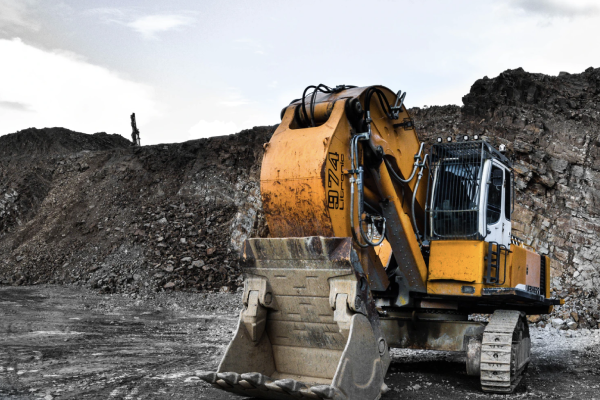By Swissquote Analysts
A rare investment opportunity in the renewables revolution

According to a recent report by London-based thinktank, Carbon Tracker, wind and solar energy sources have the potential to completely overtake carbon-based options by 2035.
Tucked away in the mechanics of the global transition to renewable energy is a critical component with potential yet to be realised. Rare earth metals are the behind-the-scenes driver of the revolution, and those in the know are watching the industry quietly outperform.
Many renewable solutions steadily replacing fossil fuels are reliant on the availability of rare earth metals. These elements are widely viewed as the most efficient means of powering electric vehicles, and an estimated 600 kilograms of rare earth metals are needed to operate one wind turbine.
Over the past 15 years, annual demand for rare earth metals doubled to 125,000 tonnes and is projected to reach 315,000 tonnes by 2030. Markets are already experiencing supply constraints, triggered by the increased uptake in green technologies and advancing electronics.
Sectors that mine, process and manufacture instruments using rare earth metals elements are facing increased demands for supply, piquing the interest of global investors and placing enormous pressure on production.
Perhaps surprisingly rare earth metals are not all that rare, and the extraction process can have enormous environmental impacts. Large volumes of toxic and radioactive material are generated by the co-extraction of radioactive metals, including thorium and uranium.
The majority of mining for rare earth metals occurs in China, which produces more than 70% of the world’s supply. This raises concerns about long-term availability, particularly after China’s threat to restrict supply in 2019, during its trade war with the US.
The recent upside move in Swissquote Rare Metal was not driven by demand, but by geopolitical realities.
Japan is in the process of amending legislation that will designate the industry as key to economic security, and protect it from foreign investment and takeovers. This demonstrates the importance of critical rare metals, and aligns related industries with semiconductors, electrical vehicle batteries and medical supplies.
Elsewhere, just hours after the Taliban seized power in Afghanistan, a China foreign ministry spokeswoman said Beijing was ready for ‘friendly cooperation with Afghanistan'. Minerals and rare earth metals in Afghanistan were estimated to be worth between $1 trillion and $3 trillion in 2020, and this proposed liaison may be an exploitative measure that will keep China in control of the global market supply.
